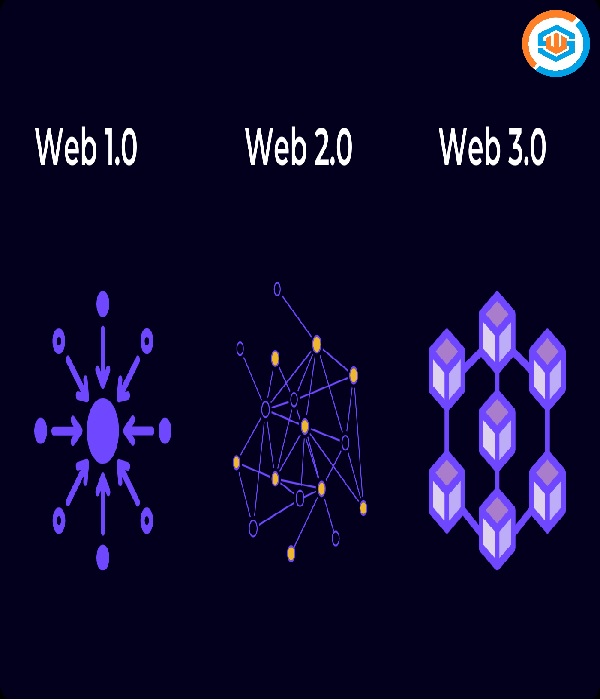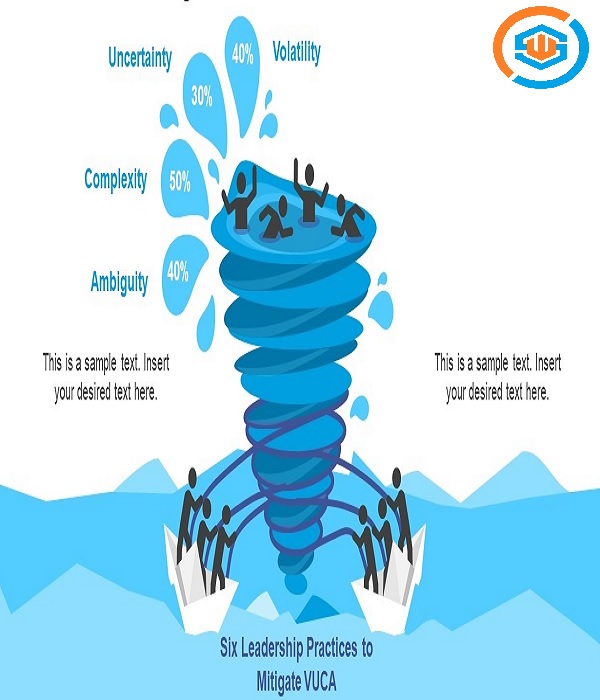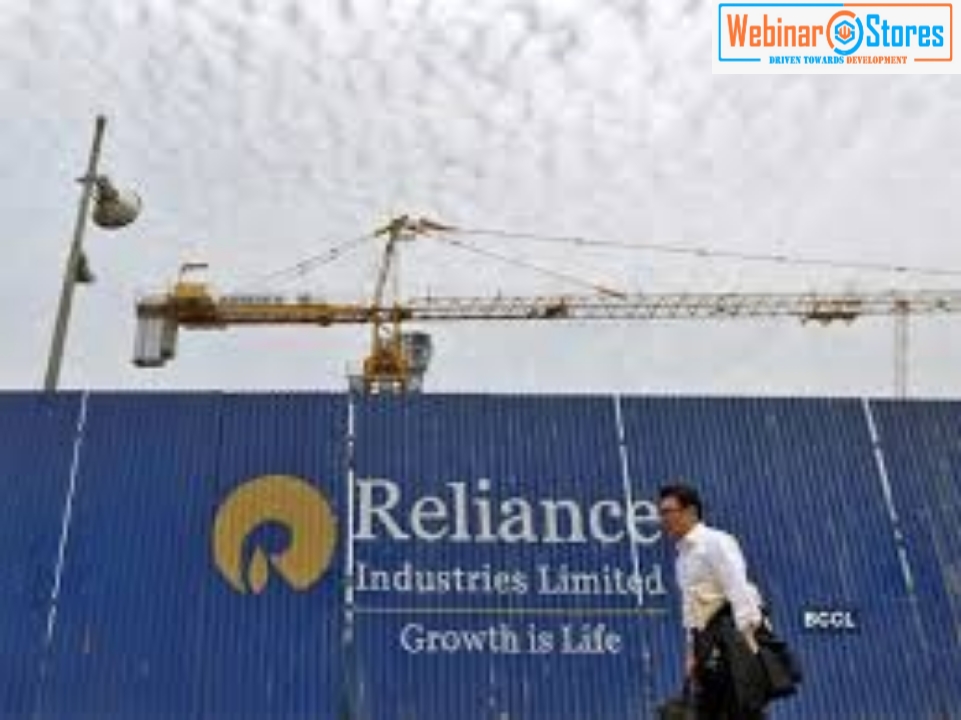
Unlocking New Level of Growth for Technology StartUps
India has become the world’s third-largest start-up hub with almost 29,000 start-ups recognized by the Department for Promotion of Industry and Internal Trade (DPIIT) as of February 29, 2020. Global investors have poured money into Indian start-ups, encouraged by improvements in the ease of doing business and the regulatory framework.
The turbulence of the COVID-19 pandemic is reshaping India’s economic landscape, taking a harsh toll on many businesses while opening new avenues of development. Success in these uncertain times will not only require a great deal of innovation but also to borrow from Jobs’ maxim, a good measure of ‘perseverance.’
COVID-19 has morphed into a Darwinian “survival of the fittest” test for many businesses, and as the global economy slowly recovers from the outbreak, it is now time for policymakers, enablers, advocates, and subject-matter experts to return to the drawing board to chalk out a sustainable and productive roadmap for the Indian start-up ecosystem.
The rapid development of Indian start-ups has resulted in gaps in the policy framework that need to be plugged and streamlined. The current policy framework lacks convergence among various government initiatives, programs, and schemes.
Digital is blurring the boundaries between industries through innovation and technology. Finding the right mix between unconstrained settings that foster innovation and more controlled climates bound by dedicated laws, poses a major challenge. Given the pace of digital disruption, future regulatory needs are difficult to anticipate, and the aim should be to take start-ups to the next level of maturity, providing them the support to be globally competitive.
Local to global:
As policymakers focus on increasing the attractiveness of local enterprise and on fostering ease of doing business, global interest will likely intensify. This is set to be a major catalyst in Indian start-ups going global. Of late, there has been a huge demand for Indian products which are either now ready for international customers or preparing to go global. With the removal of impending barriers, higher capital will flow, while inward knowledge transfer will aid in market linkages to enable Indian entrepreneurs to compete at a global level.
Consolidation and collaboration:
Key learning from the Indian micro, small and medium enterprises (MSME) sector has been the importance of uniformity in objectives and approaches between Central and state governments. We have an umbrella initiative encompassing all other programs and stakeholders. For start-ups, a “one size fits all” approach cannot work given the immense diversity in the ecosystem.
When the government launched the Start-up India initiative in 2016, the key agenda was to recognize start-ups and their catalysts, introduce a vision for the ambitious program and unlock innovation from homes and garages. The program is now expected to be canvased to foster collaboration, cooperation, and collectiveness. In the last two years, more than 15 Indian states have released start-up policies and institutionalized dedicated teams and programs for the start-up ecosystem in their respective states. This shows that the state governments are in sync with the central objectives of giving a formal recognition and push to the start-up segment.
Technology is also playing a pivotal role in aligning the objectives of stakeholders across the nation. Several stakeholders such as incubators, accelerators, investors, etc. have already adopted collective approaches, and in a short span, we will see this getting replicated at a large scale. In comparison with the MSME sector, it may take the start-up ecosystem a much shorter span to witness this paradigm shift.
Unlocking innovation:
There is an increasing push towards the consumption of indigenous products and a subtle evolution from “Make in India” to “Innovated, Developed and Made in India”. While the pandemic has caused significant disruptions for businesses at large globally, many Indian innovators-turned-entrepreneurs and existing start-ups have pivoted their business models to capitalize on the sudden and sharp rise in demand for new categories of products and services.
The world is also transitioning from globalization to “Digi” globalization, i.e. digital services are now the backbone of almost every other transaction. Regulations will now need to delve into sector-specific interventions, in order to address newer ideas and innovations in traditional approaches. One interesting theme is the interplay between government and larger businesses investing in capacity building and infrastructure that start-ups can harness to address the evolving demands of Indian consumers.
The pandemic has changed consumer behaviors as well as preferences, and an innovation-led entrepreneurial ecosystem can help cater to these changes. The Prime Minister’s recent announcement of the launch of the INR 1,000-crore ‘Startup India Seed Fund’ to support startups is an encouraging step in the right direction. The Union Budget 2021-22 also offered some impetus, by way of tax holidays and lowering compliance burden for startups and exemptions for investors.
“What India needs to build on is an ecosystem with much-increased avenues for advice and mentorship, platforms for budding entrepreneurs to engage with successful early-stage entrepreneurs, and our education systems becoming more and more focused on the power of impact that entrepreneurship holds,” observed Tiwary. “We need to help our young professionals and research students think about market-led innovations using cutting-edge technology to solve real-world problems across industries,” she maintained.
EF’s vision is to unlock a new wave of entrepreneurship in the country, by building a strong platform for aspiring entrepreneurs to overcome barriers and start tech companies.
Note:- For All News & Blogs, Kindly subscribe to us. Your Comment would guide us to your preferences.










1.jpg)













(4) Comments
Greg Christman
Excellent course!
Rimply dummy text of the printinwhen an unknown printer took eype and scramb relofeletogimply dummy and typesetting industry.
Lora Ekram
Excellent course!
Rimply dummy text of the printinwhen an unknown printer took eype and scramb relofeletogimply dummy and typesetting industry.
Mike Jones
Excellent course!
Rimply dummy text of the printinwhen an unknown printer took eype and scramb relofeletogimply dummy and typesetting industry.